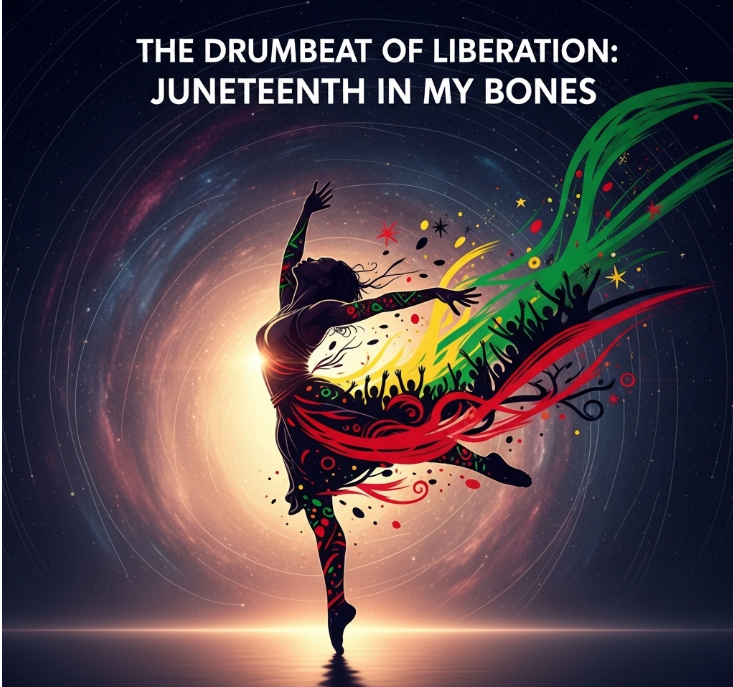When I was diagnosed with early-stage breast cancer, my first questions were medical: What’s the treatment? How soon can we start? What are my chances? But later—quietly, privately—came another question: What happens to the mind?
Like many women, especially those from minority communities, I was trained to “be strong.” To keep moving. To pray, press on, and power through. But beneath the surface, I was battling fear. Grief. Uncertainty. All the invisible things that often go unnamed in healthcare. So, I made a decision: If I survived, I would speak about mental health—openly, honestly, and boldly.
Last Saturday, at the National African Catholics in the U.S [NAACUS] gathering, I danced during Mass. Not for show. Not for the ceremony. But as a kind of offering—a physical expression of survival. My legs had once carried pain. Now they carry rhythm. And joy. I realized something powerful: Church can be a sanctuary for the body and the mind. That evening, I danced again with the group of other uniformed NAACUS women. It was healing at play again. The joy was indescribable!
Rituals. Community. Familiar songs. Representation at the altar. These things matter. Mental health for survivors isn’t always about what’s clinical. Sometimes it’s about being in the right room… With people who look like you. With prayers that sound like home. With movements that restore dignity to your body.
This July, as we observe National Minority Mental Health Awareness Month, and for every day we live, I offer this reflection: Whether you’re healing from illness, grief, trauma, or simply the weight of the world—You deserve rest. You deserve rhythm. You deserve to be whole. Let your healing journey include your mind. Let it include your joy. And whenever possible, let it include dance. More importantly, mental health is an everyday thing and not restricted to only the month of July in the year.
Population Served by Eglobal.space: This blog aims to reach a broader audience, particularly women and individuals navigating health challenges like breast cancer, and of course, the elderly who experience different health issues, with a focus on minority communities. It highlights the often-overlooked mental health aspects of physical illness and the role of faith and community in healing.

